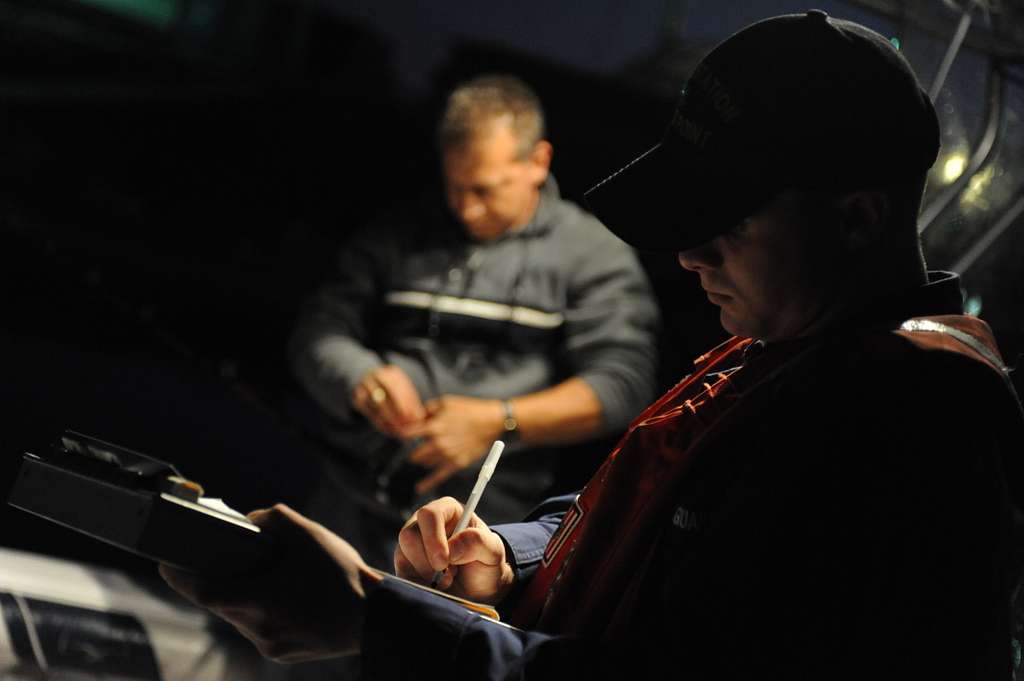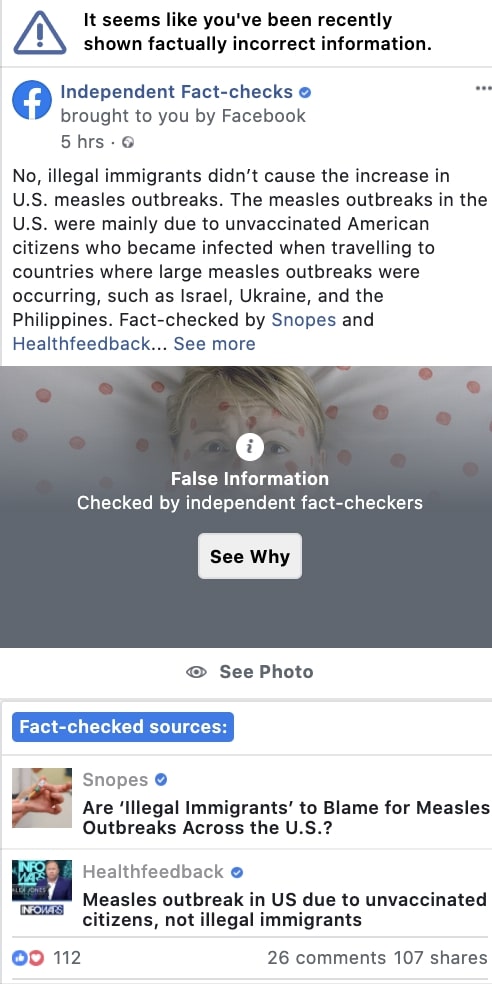


Sources with a reputation for spreading misinformation performed worse, and usually significantly so. But for all other partisan categories, including slightly right, the reverse was true. So on the far-right, misinformation sources outperformed more reputable sources by quite a bit. But most of that edge comes from sources with a reputation for spreading misinformation. And what we found is that overall, far-right news sources have much more engagement with their audiences than other partisan categories.

So we got third-party evaluations of news quality and partisanship, and we combined that with Facebook data about engagement. So after the events of the last few months, we really wanted to understand how different types of news media engaged with their audiences on Facebook. With that being said, could you walk us through these findings in nonexpert terms? As briefly as you can, what question was your research team looking at, and what did you find?ĮDELSON: Absolutely. MARTIN: And I do want to note that Facebook is among NPR's financial supporters. Laura Edelson, thank you so much for being with us. She is part of Cybersecurity for Democracy, a group based at NYU that's studying online misinformation. But a new study from researchers at New York University shows that far-right accounts known for spreading misinformation are not only thriving on Facebook - they are actually more successful than other kinds of accounts aimed at getting likes, shares and other forms of user engagement. You might remember that Facebook has promised repeatedly in recent years to address the spread of conspiracy theories and misinformation on its site. We've talked a lot in recent years about misinformation and about how it spreads online, but we have new information about that. But an election commission could help Facebook make the case that it is making choices about election content from a place of policy, not politics.Research from New York University found that far-right accounts known for spreading misinformation drive engagement at higher rates than other news sources. That said, the Oversight Board has come under some criticism of its own - conservatives weren’t happy with the Board’s ruling that Facebook can keep former President Donald Trump’s ban in place, for example. If Facebook is considering making an election commission that operates like the Oversight Board, it could indicate that the Oversight Board is taking some pressure off the social network about content moderation and that it perhaps wants to do the same with election-related issues. However, it’s unclear if this election commission would operate with the same level of independence as the Oversight Board does.
That could reduce the perception that Facebook’s decisions about content are politically biased, which has been a common criticism lobbed toward the company from conservatives. Like how the independent Oversight Board helps review content moderation appeals, it sounds as if Facebook could ask the election commission to handle some decisions about election content. Facebook has talked to academics and policy experts about the commission, which The New York Times reports is expected to be announced this fall ahead of the 2022 US midterm elections. Facebook is considering creating a commission that would weigh in on global election-related issues on the platform, according to The New York Times.


 0 kommentar(er)
0 kommentar(er)
